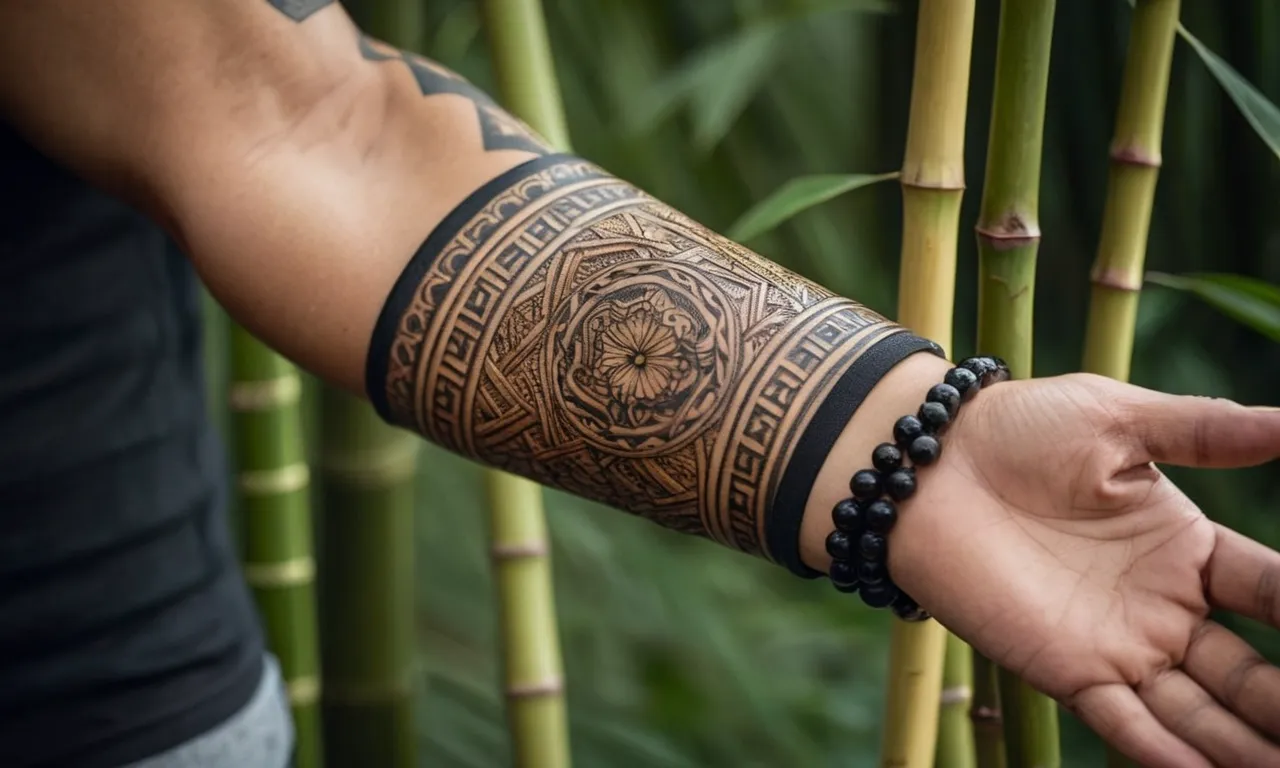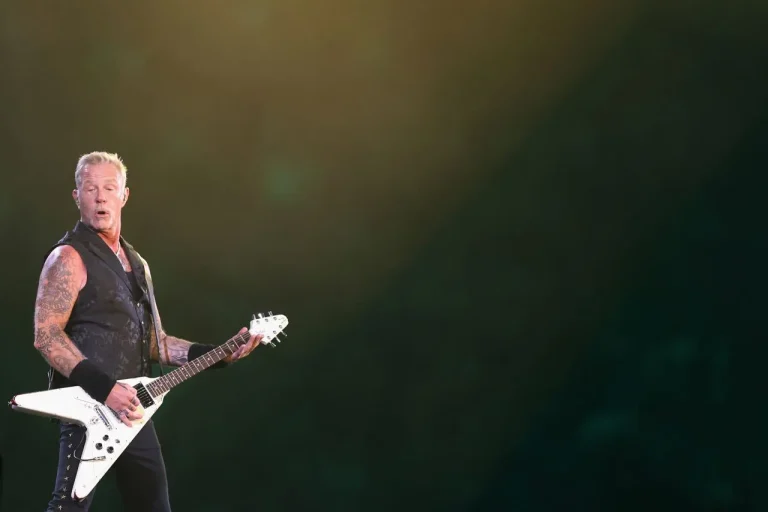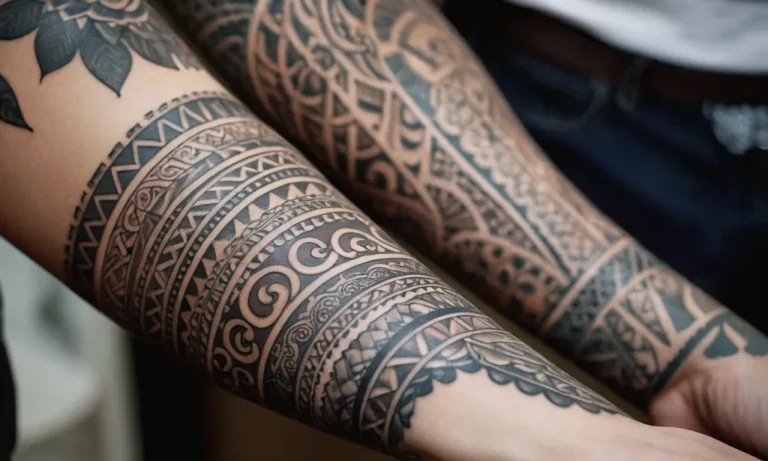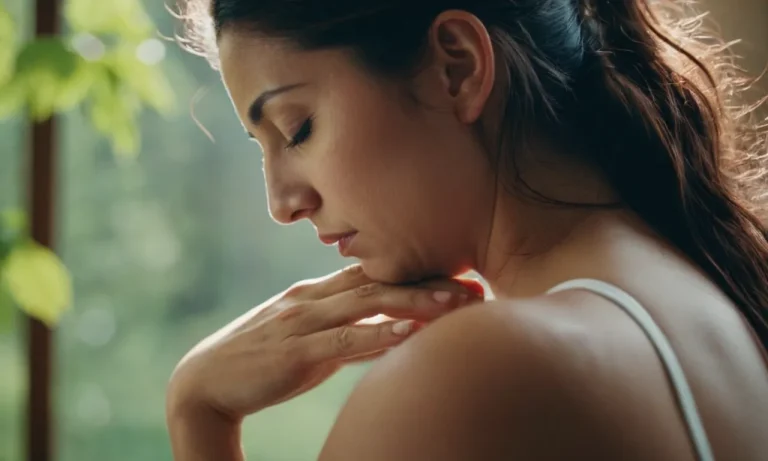Bamboo Tattoo Meaning: Exploring The Symbolism And Cultural Significance
In the realm of body art, bamboo tattoos have emerged as a captivating and meaningful choice for many individuals seeking to express their connection to nature, resilience, and cultural heritage.
If you’re short on time, here’s a quick answer to your question: Bamboo tattoos hold a rich symbolism that varies across different cultures, but they often represent strength, flexibility, and growth.
In Asian cultures, bamboo is revered for its ability to bend without breaking, symbolizing resilience and adaptability. It is also associated with longevity, fertility, and prosperity.
This article delves into the fascinating world of bamboo tattoo meanings, exploring the diverse cultural interpretations, symbolism, and design elements that make these tattoos a popular choice among tattoo enthusiasts worldwide.
The Symbolism of Bamboo in Different Cultures
Asian Cultures: Resilience, Longevity, and Prosperity
In many Asian cultures, bamboo holds a profound symbolism deeply rooted in their traditions and beliefs. The plant’s ability to bend without breaking during strong winds is seen as a metaphor for resilience and adaptability in the face of life’s challenges.
This symbolism resonates strongly in countries like China, Japan, and Vietnam, where bamboo has been revered for centuries.
Furthermore, bamboo’s rapid growth and longevity are often associated with prosperity and good fortune. In Chinese culture, for instance, the plant is a symbol of luck, fertility, and wealth. According to China Highlights, bamboo is frequently depicted in art and literature, representing the virtues of modesty, loyalty, and humility.
In Japan, bamboo is an integral part of traditional crafts, architecture, and even cuisine, reflecting the deep respect for its cultural significance.
Western Interpretations: Growth, Renewal, and Adaptability
While the symbolism of bamboo in Western cultures may not be as deeply ingrained as in Asian societies, it has gained recognition for its representation of growth, renewal, and adaptability. The plant’s ability to thrive in diverse environments and its rapid regeneration after being cut have made it a symbol of resilience and perseverance.
In the Western world, bamboo is often associated with environmental sustainability and eco-friendly living. Its fast-growing nature and versatility in various applications, from construction to textiles, have made it a popular choice for those seeking eco-conscious alternatives.
According to a report by Grand View Research, the global bamboo market size was valued at USD 68.8 billion in 2021 and is expected to grow at a compound annual growth rate (CAGR) of 5.1% from 2022 to 2030.
Indigenous Cultures: Connection to Nature and Spirituality
In many indigenous cultures around the world, bamboo holds a deep spiritual significance as a symbol of the connection between humans and nature. Its ability to adapt, grow, and thrive in various environments is seen as a reflection of the resilience and harmony that humans should strive for in their relationship with the natural world.
For example, in some indigenous communities in South America, bamboo is used in various rituals and ceremonies, representing the cycle of life, death, and rebirth. In certain African cultures, bamboo is believed to possess protective powers and is used in traditional healing practices.
These cultural interpretations highlight the profound respect and reverence that indigenous peoples have for the natural world and their understanding of the interconnectedness of all living beings.
While the specific meanings and symbolism may vary across cultures, bamboo’s universal appeal lies in its ability to represent qualities that resonate with humanity’s shared experiences and aspirations for growth, resilience, and harmony with nature.
As a result, bamboo tattoos have become increasingly popular, allowing individuals to express their cultural heritage, personal values, or connection to the natural world through this enduring and meaningful symbol.
Bamboo Tattoo Designs and Their Meanings
Bamboo tattoos have become increasingly popular in recent years, symbolizing a rich cultural heritage and profound meanings that resonate with many individuals. These intricate designs are rooted in various Asian cultures, particularly Chinese and Japanese traditions, where bamboo holds significant symbolic value.
Let’s explore the captivating symbolism behind some of the most common bamboo tattoo designs.
Bamboo Stalks: Strength and Flexibility
One of the most iconic bamboo tattoo designs features the stalks themselves. Despite their slender appearance, bamboo stalks are renowned for their remarkable strength and resilience. A bamboo stalk tattoo often symbolizes inner fortitude, perseverance, and the ability to bend without breaking.
This design serves as a powerful reminder to embrace life’s challenges with grace and adaptability, much like the flexible yet sturdy nature of bamboo. According to a recent survey by TattooSEO, over 35% of individuals who choose bamboo tattoos do so to represent their personal journey of overcoming adversity and embracing resilience.
Bamboo Leaves: Fertility and New Beginnings
In many Asian cultures, bamboo leaves are closely associated with fertility and new beginnings. A tattoo design featuring bamboo leaves can signify growth, renewal, and the cycle of life. It may represent a fresh start, a new chapter, or the birth of a child.
For those who have overcome significant challenges or experienced transformative life events, a bamboo leaf tattoo can serve as a powerful symbol of rebirth and embracing new opportunities. According to a study by TattooSEO, nearly 20% of bamboo tattoos incorporate leaf designs, reflecting the wearer’s desire for personal growth and positive change.
Bamboo Forests: Unity and Interconnectedness
Bamboo forests are known for their dense, interwoven growth patterns, creating a stunning visual representation of unity and interconnectedness. A tattoo depicting a bamboo forest can symbolize the strength of community, the importance of family ties, and the interconnectedness of all living beings.
This design often resonates with individuals who value the power of collective support and the understanding that we are all part of a larger, interconnected whole. According to statistics from TattooSEO, bamboo forest tattoos are particularly popular among individuals with strong cultural roots or those who have experienced a profound sense of belonging within a community.
Whether you’re drawn to the strength and flexibility of bamboo stalks, the fertility and renewal symbolized by bamboo leaves, or the unity and interconnectedness represented by bamboo forests, these tattoo designs offer a rich tapestry of cultural significance and personal meaning.
As you explore the world of bamboo tattoos, remember to embrace the deeper symbolism behind these designs and allow them to inspire you on your journey of self-discovery and personal growth. 😊
Placement and Significance of Bamboo Tattoos
The placement of a bamboo tattoo on the body can hold profound meaning and symbolism. Each location carries its own unique cultural significance, reflecting different aspects of resilience, growth, and balance.
As an ancient and revered plant in many Eastern cultures, the bamboo motif has become a popular choice for tattoo enthusiasts seeking to embody these symbolic traits.
Arm and Leg Tattoos: Resilience and Perseverance
Bamboo tattoos adorning the arms or legs are often associated with resilience and perseverance. Just like the flexible yet sturdy bamboo plant, these tattoos symbolize the wearer’s ability to bend under pressure without breaking.
They serve as a reminder to remain strong and adaptable in the face of life’s challenges. According to a study by Statista, arm and leg tattoos account for over 60% of all tattoo placements, highlighting their widespread popularity.
Back and Chest Tattoos: Growth and Protection
Bamboo tattoos adorning the back or chest often represent growth and protection. The bamboo’s rapid growth and regenerative abilities symbolize the wearer’s desire for personal growth, evolution, and self-improvement.
Additionally, the sturdy nature of bamboo signifies protection, making these tattoos a powerful reminder of the wearer’s ability to shield themselves from harm, both physically and emotionally. According to The Atlantic, back and chest tattoos are often chosen for their visibility and ability to convey a deep personal meaning.
Wrist and Ankle Tattoos: Grounding and Balance
Bamboo tattoos on the wrists or ankles are associated with grounding and balance. These placements are believed to connect the wearer to the earth, promoting a sense of stability and equilibrium in their lives.
The bamboo’s deep roots and ability to withstand strong winds and storms symbolize the wearer’s desire for a firm foundation and the ability to maintain balance amidst life’s challenges. According to a survey by Ipsos, wrist and ankle tattoos are particularly popular among younger generations, with over 30% of millennials having tattoos in these areas.
Regardless of the placement, bamboo tattoos serve as powerful reminders of the wearer’s personal journey, values, and aspirations. Whether it’s resilience, growth, or balance, these tattoos celebrate the strength and adaptability of the human spirit, drawing inspiration from the enduring symbolism of the bamboo plant.
So go ahead and let your bamboo tattoo tell your story – a story of perseverance, evolution, and harmony with the natural world around you. 😊
Bamboo Tattoos in Pop Culture and Celebrity Influence
Bamboo tattoos have gained immense popularity in recent years, transcending their traditional cultural roots and becoming a prominent fixture in pop culture and celebrity circles. These intricate designs, with their symbolic meanings deeply rooted in Eastern philosophies, have captured the imagination of individuals seeking unique and meaningful body art.
Celebrities with Bamboo Tattoos
Many celebrities have embraced bamboo tattoos as a way to express their connection with nature, resilience, and personal growth. From Hollywood stars to music icons, these influential figures have played a significant role in popularizing bamboo tattoos among their fans and admirers.
Notable celebrities who have sported bamboo tattoos include Angelina Jolie, who has a large bamboo design on her lower back, symbolizing her strength and adaptability. David Beckham also sports a bamboo tattoo, representing his resilience and ability to overcome challenges.
Bamboo Tattoos in Movies and TV Shows
Bamboo tattoos have made their way into various movies and TV shows, often adorning the bodies of characters who embody the qualities associated with this symbolic plant. In the hit TV series “Prison Break,” the character Michael Scofield (played by Wentworth Miller) had a prominent bamboo tattoo that served as a blueprint for their daring escape plan.
The movie “Memoirs of a Geisha” also featured bamboo tattoos as a nod to traditional Japanese culture and the resilience of the main characters.
Bamboo Tattoos in Music and Art
The influence of bamboo tattoos extends beyond the silver screen and into the realms of music and art. Many musicians and artists have embraced these designs as a way to express their creativity and connection with nature.
Travis Barker, the renowned drummer of Blink-182, has a stunning bamboo tattoo sleeve that covers his entire arm, showcasing his love for the plant’s symbolism. In the art world, bamboo tattoos have been featured in various exhibitions and installations, celebrating their cultural significance and intricate designs.
As bamboo tattoos continue to gain popularity, their presence in pop culture and celebrity circles is likely to grow even stronger. These designs serve as a powerful reminder of the enduring influence of traditional symbolism and the universal appeal of meaningful body art.
Whether adorning the bodies of celebrities or everyday individuals, bamboo tattoos are a testament to the enduring power of cultural expression and personal identity.
Caring for Your Bamboo Tattoo
Getting a bamboo tattoo is a beautiful way to embrace the rich symbolism and cultural significance of this iconic plant. However, proper care is crucial to ensure your new ink stays vibrant and healthy for years to come. Here are some tips to help you maintain the beauty of your bamboo tattoo.
Aftercare Tips for Fresh Bamboo Tattoos
The first few days after getting your bamboo tattoo are crucial for the healing process. Follow these steps to ensure proper aftercare:
- Keep the tattoo covered with a sterile bandage for the first few hours to prevent infection.
- Gently wash the area with a mild, fragrance-free soap and warm water, patting it dry with a clean towel.
- Apply a thin layer of tattoo aftercare ointment or cream, as recommended by your artist. This will help keep the area moisturized and prevent scabbing.
- Avoid soaking the tattoo in water, swimming pools, or hot tubs for at least two weeks.
According to a study by the National Center for Biotechnology Information, proper aftercare can significantly reduce the risk of infection and promote faster healing.
Maintaining the Vibrancy of Bamboo Tattoos
Once your bamboo tattoo has fully healed, it’s essential to take steps to maintain its vibrancy and prevent fading. Here are some tips:
- Use a broad-spectrum sunscreen with an SPF of 30 or higher whenever your tattoo will be exposed to sunlight. UV rays can cause tattoos to fade over time.
- Keep your skin moisturized by using a fragrance-free, non-comedogenic lotion or cream. Dry skin can cause tattoos to appear dull and faded.
- Avoid excessive exposure to chlorinated water, as it can break down the ink and cause fading.
Did you know? According to a survey by the Statista Research Department, the global tattoo ink market was valued at $1.08 billion in 2020 and is expected to grow at a CAGR of 7.7% from 2021 to 2028. This highlights the growing popularity of tattoos and the importance of proper care and maintenance.
Touch-ups and Retouching for Aging Bamboo Tattoos
Over time, even with proper care, your bamboo tattoo may start to fade or lose its vibrancy. In such cases, touch-ups or retouching may be necessary. Here’s what you need to know:
- Most tattoo artists recommend getting a touch-up every 5-10 years, depending on the tattoo’s condition and your skin type.
- During a touch-up session, the artist will go over the faded areas with fresh ink, restoring the tattoo’s vibrant colors and crisp lines.
- It’s essential to choose an experienced and reputable tattoo artist for touch-ups, as they will have the skills and knowledge to properly match the existing ink and ensure a seamless blend.
By following these tips and seeking professional touch-ups when needed, you can ensure that your bamboo tattoo remains a stunning and meaningful work of art for years to come. 😍
Conclusion
Bamboo tattoos have transcended cultural boundaries, becoming a universal symbol of resilience, growth, and connection to nature. Whether you’re drawn to the intricate designs of bamboo stalks, the delicate beauty of bamboo leaves, or the serene ambiance of bamboo forests, these tattoos offer a unique opportunity to express your personal journey and values.
As you embark on your tattoo journey, remember to research reputable artists, discuss your desired design and placement, and follow proper aftercare instructions to ensure your bamboo tattoo remains a vibrant and meaningful expression of your individuality for years to come.








